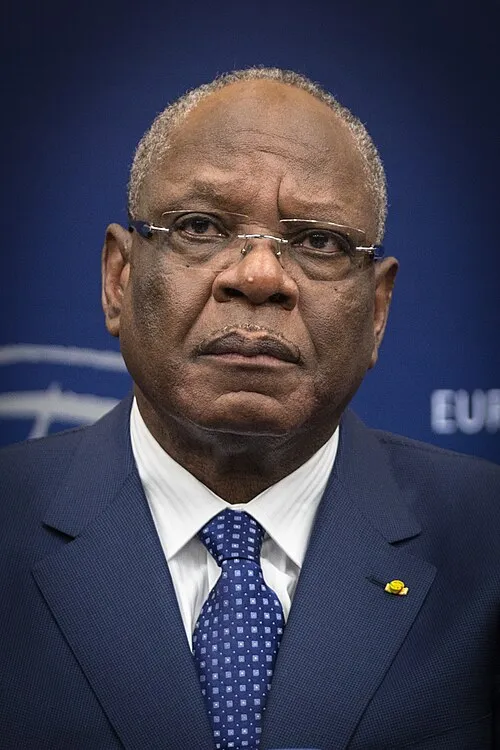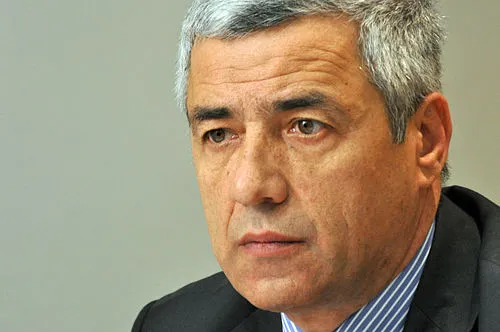In 2020, the United States Senate ratified the United States-Mexico-Canada Agreement (USMCA) to replace the North American Free Trade Agreement (NAFTA). This landmark trade deal aims to enhance economic relations and trade efficiency between the three nations.
On January 16
13
Important Days
50
Important Events
341
Births and Deaths
recorded.
Holidays and Occasions
Events
Births and Deaths

Understanding National Religious Freedom Day: A Celebration of Faith
National Religious Freedom Day is celebrated annually on January 16th in the United States. This day stands as a crucial acknowledgment of the fundamental principle that every individual has the right to practice their religion freely without fear of discrimination or persecution...

Celebrating Teacher's Day in Myanmar: A Tribute to Educators
Teacher's Day in Myanmar is a significant occasion dedicated to honoring the contributions and sacrifices of educators in shaping the future of the nation. Celebrated annually on October 29th, this day serves as a reminder of the vital role teachers play in society, fostering education, inspiration, and personal growth among students...

Teachers' Day in Thailand: Honoring Educators and Their Impact
Teachers' Day in Thailand, celebrated annually on January 16th, is a significant occasion dedicated to honoring the hard work and commitment of teachers throughout the country. This day provides an opportunity for students, parents, and community members to express their gratitude and admiration for the educators who shape the future of the nation...

Pope Benjamin of Alexandria: A Beacon of Faith in the Coptic Church
The history of the Coptic Orthodox Church is rich with inspirational leaders, and among them stands Pope Benjamin, the 39th Pope of Alexandria. Reigning from 1320 to 1339, Pope Benjamin played a crucial role during a time of significant challenge and growth within the Coptic community...

Berard of Carbio: A Trailblazer in Faith and Community Service
Berard of Carbio, often regarded as a pivotal figure in medieval history, represents a blend of religious fervor and political acumen. His contributions to the Church and the broader socio-political landscape of his time have sparked the interest of historians and enthusiasts alike...

St. Blaise: A Symbol of Healing in the Armenian Apostolic Church
The Armenian Apostolic Church is rich in its traditions and saints, one of whom is St. Blaise, revered for his role as a protector and healer...

Exploring the Life and Legacy of Fursey: A Saint in Irish Folklore
Fursey, a significant figure in Irish folklore, often portrayed as a monk or an ascetic, holds a unique place in the rich tapestry of Celtic legends. His story, spanning various dimensions of literature, myth, and spirituality, paints a vivid picture of early Christian influences on Irish culture...

Joseph Vaz: The Pioneer of Catholic Missionary Work in India
Joseph Vaz, a name that resonates with dedication, faith, and resilience, was a significant figure in the history of Christianity in India. Born on April 21, 1651, in Ballon, Sri Lanka, Joseph Vaz became synonymous with missionary work in the Indian subcontinent...

Honoratus of Arles: The Pioneering Bishop of Gaul
Honoratus of Arles, a prominent figure in the early church history, was born around 350 AD in the region of Gaul, which is present-day France. He played a pivotal role in the Christianization of this region during a time of significant transition for the Roman Empire and the early church...

Pope Marcellus I: A Pillar of Early Christian Strength
Pope Marcellus I served as the Bishop of Rome in a tumultuous period during the early Christian church. His papacy was marked by a strong commitment to the faith and a significant role in shaping the early Christian doctrine...

Understanding the Solemnity of Mary, Mother of God in the Coptic Church
The Solemnity of Mary, Mother of God is a significant feast celebrated within the Coptic Church, which honors Mary as the Mother of Jesus Christ. It is a day dedicated not only to her motherhood but also to the theological implications of this role within the Christian faith...

Titian of Oderzo: A Master of Renaissance Art
When we speak of the Italian Renaissance, the names of iconic artists such as Leonardo da Vinci, Michelangelo, and Raphael often come to mind. However, nestled in the rich tapestry of this era is Titian of Oderzo, an artist revered for his transformative impact on painting, particularly in the use of color and emotion...

Eve of Saint Anthony: A Fire-Fueled Celebration in San Bartolomé de Pinares
The Eve of Saint Anthony, celebrated on January 16th, is a unique and vibrant festival that takes place in San Bartolomé de Pinares, a small town in Spain. This annual event is marked by spectacular ritual bonfires, which play a central role in the festivities...

















